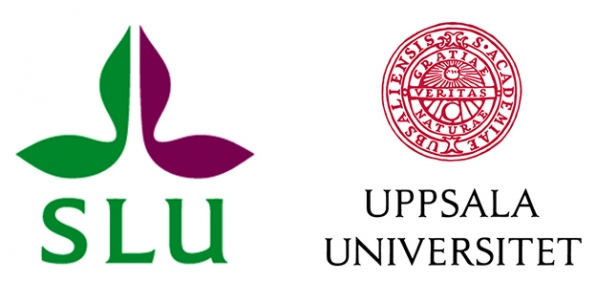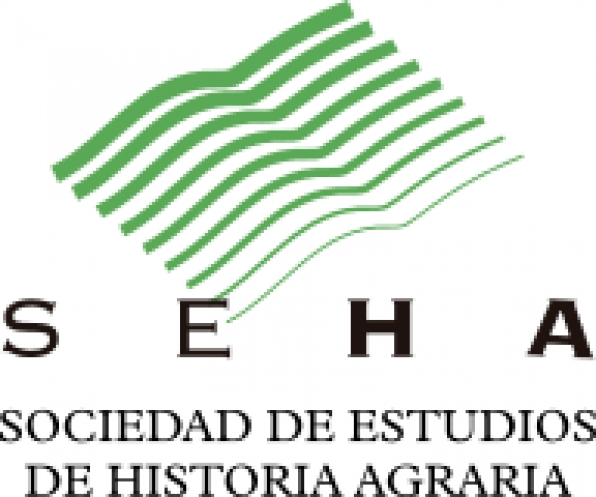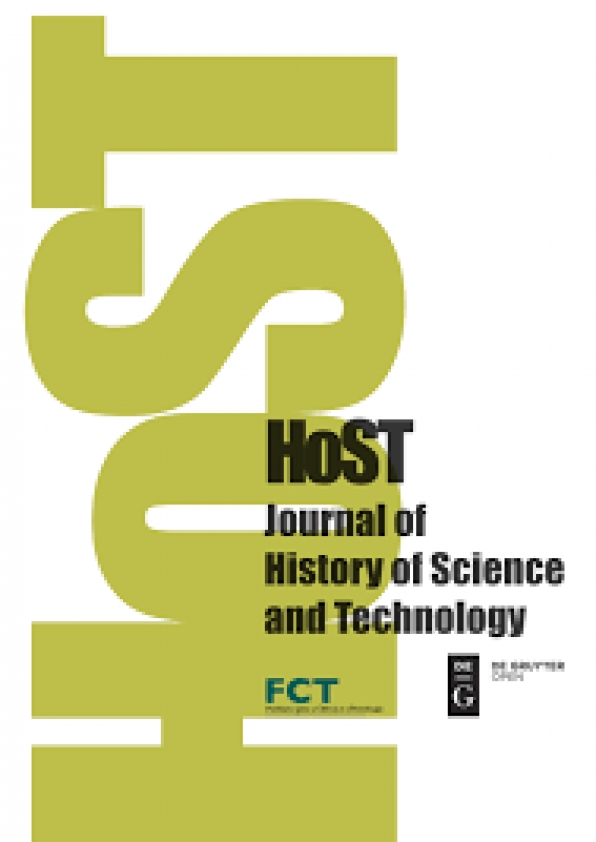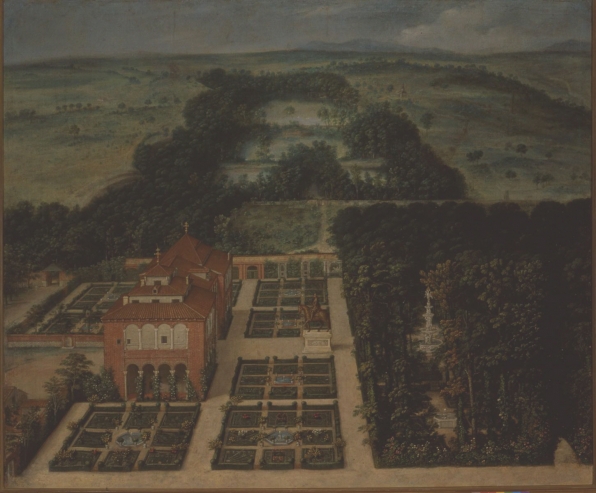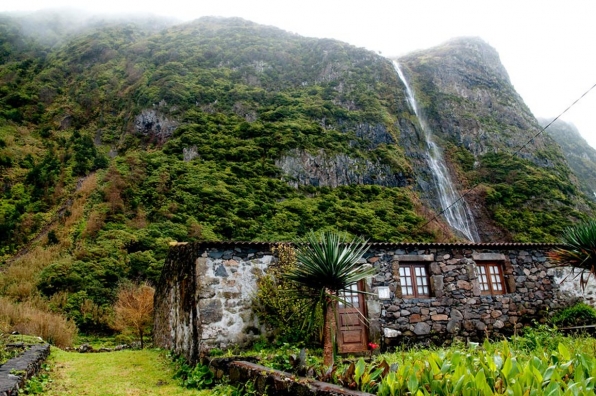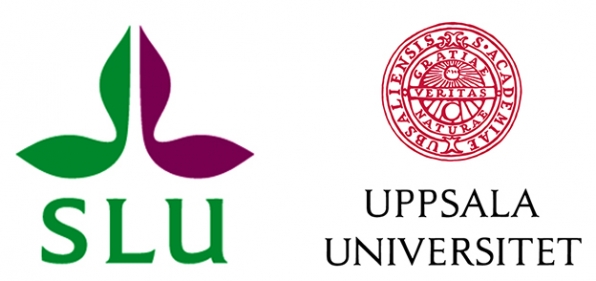This month – Flores Nature Park (Portugal)
Established in 2011, the Flores Nature Park’s mission is to manage the island’s classified protected areas that cover approximately a third of the island’s total area, distributed by three Nature Reserves, one Natural Monument, three Protected Areas for the Management of Habitats or Species, one Protected Landscape Area and one Protected Area of Resources Management.
Flores Nature Park presents remarkable features, such as the biggest and best-preserved wooded peatbogs of the North Atlantic and two of the rarest plants in the world, the Myosotis azorica and the Veronica dabneyi. The latter, currently, is only known in a wild state in the Western Group’s islands.There are 547 species of vascular plants in Flores Island, of which, between species and subspecies, more than 50 are endemic of the Archipelago. Regarding its terrestrial fauna, stands out three endemic species of the island: Tarphius floresensis, Agyneta depigmentata and Cheiracanthium floresense.
In 2009, Flores Island joined the World Network of UNESCO Biosphere Reserves, by the decision of the International Co-ordinating Council of the MAB Programme (Man and the Biosphere), an international recognition that reflects its unique ecological, geological environmental and cultural values.
More info at https://parquesnaturais.azores.gov.pt/en/parques/4
Este mês - Parque Natural das Flores (Portugal)
O Parque Natural das Flores, criado em 2011, tem por missão a gestão ambiental de áreas protegidas classificadas, que abrangem cerca de um terço da área total da ilha e estão distribuídas por três Reservas Naturais, um Monumento Natural, três Áreas Protegidas para a Gestão de Habitats ou Espécies, uma Área de Paisagem Protegida e uma Área Protegida de Gestão de Recursos.
O Parque Natural das Flores apresenta aspetos notáveis, como as maiores e mais bem conservadas turfeiras arborizadas do Atlântico Norte e duas das plantas mais raras do mundo, a Myosotis azorica (não-me-esqueças) e a Veronica dabneyi, que, atualmente, só é conhecida em estado selvagem nas ilhas do Grupo Ocidental. Foram compiladas 547 espécies de plantas vasculares para as Flores, das quais, entre espécies e subespécies, mais de 50 são endémicas do Arquipélago. No que se refere à sua fauna terrestre, importa salientar três espécies endémicas da ilha: Tarphius floresensis, Agyneta depigmentata e Cheiracanthium floresense.
Em 2009, a ilha das Flores passou a integrar a Rede Mundial de Reservas da Biosfera da UNESCO, por decisão do Conselho Internacional de Coordenação do Programa MAB (Man and the Biosphere – Homem e a Biosfera), um reconhecimento internacional que reflete os seus valores ecológicos, geológicos, ambientais e culturais únicos.
Para mais informações ver https://parquesnaturais.azores.gov.pt/pt/

